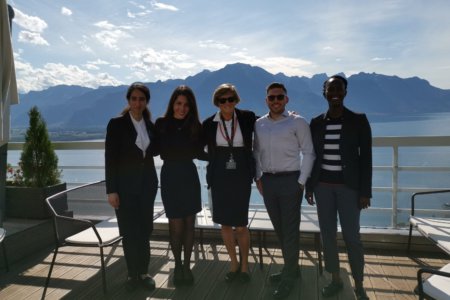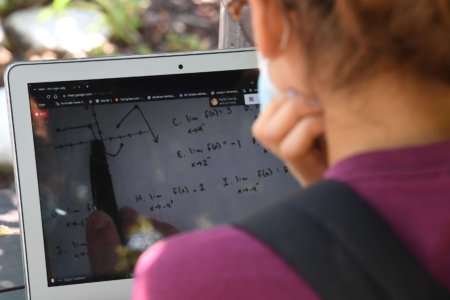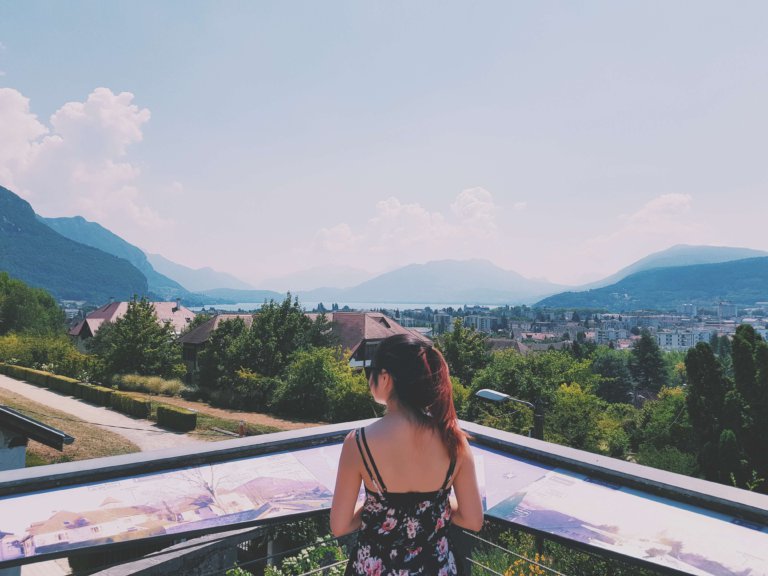
Singapore’s Marina Bay Sands is one of the city state’s trademark futuristic buildings. It has the world’s largest rooftop infinity pool (maybe you’ve seen it on Instagram?), award-winning dining, and a wide range of shopping and entertainment options. It’s also the source of inspiration for Singaporean Kimberly Yoong to study international hospitality management at Ecole hôtelière de Lausanne (EHL).
“I gained my first glimpse into the hospitality industry when I chanced upon a documentary on the famous Marina Bay Sands in Singapore,” she says. “I was immediately drawn to how dynamic the hotel operations were.”
Intrigued, she undertook an internship at St. Regis in Singapore to satisfy her curiosity. Today, armed with a BSc in International Hospitality Management, she now works for a global commercial real estate firm. As an analyst dealing with lease assessments and asset management, she’s now one of the movers and shakers behind the scenes of the iconic hotels she’s always admired.
Below we speak with Yoong to learn more about her time at EHL, her switch from business to international hospitality management and her future plans.
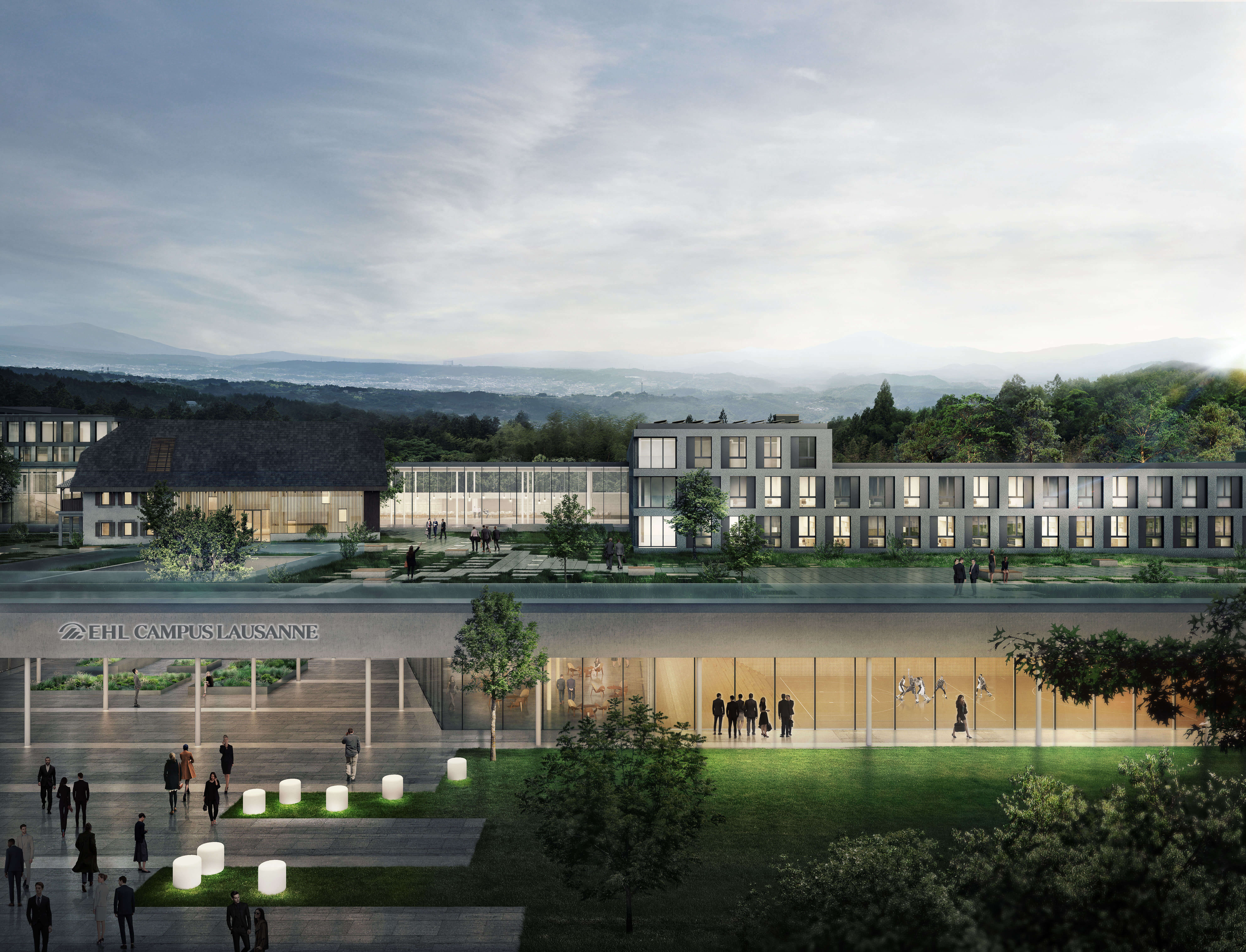
As an analyst dealing with lease assessments and asset management, she’s now one of the movers and shakers behind the scenes of the iconic hotels she’s always admired. Source: EHL
What made you go from business administration to international hospitality management?
Before I studied business administration, I was already interested in hospitality. At that time, I chose to study business administration for practical reasons. But then I realised that I was simply going through the motions of getting a degree.
Rather than being educated in a field that I cared about. So after a year, I took a leap of faith to invest in my education and headed to Switzerland.
Why did you choose to pursue a BSc in International Hospitality Management at EHL?
EHL is renowned for being the premier hospitality management school in the world. I wanted to fully immerse myself in a hospitality-focused environment. Sure enough, whether in class or through extra-curricular activities, I was always able to stay connected with the hospitality industry and already had the opportunity to meet and interact with industry professionals throughout my studies.
Tell us more about your career trajectory since graduating. What is your role as an analyst?
As an analyst, I’m involved in various projects. From sell-side hotel transactions to brand operator selections for hotels. As well as strategic advisory and asset management, primarily within the Central & Eastern and South-Eastern European region.
My work includes underwriting deals, financial modelling and budget forecasting where I am required to make financial projections. This is based on key indicators such as the current and future market conditions, past performance of the asset, as well as its future potential.
This helps us to assess for instance, the pricing we should be targeting for an investment sale or to understand the sustainable rent levels for a hotel lease. Apart from the nerdy, technical side of my work, I am also involved in speaking to investors, operators and clients in order to facilitate processes and get the projects going.
Do you get to apply the theories you gained in these experiences in your current job role?
The final year of my studies was focused on courses that are now directly related to the work that I do. For instance, real estate finance, hotel asset management and strategic hotel investments.
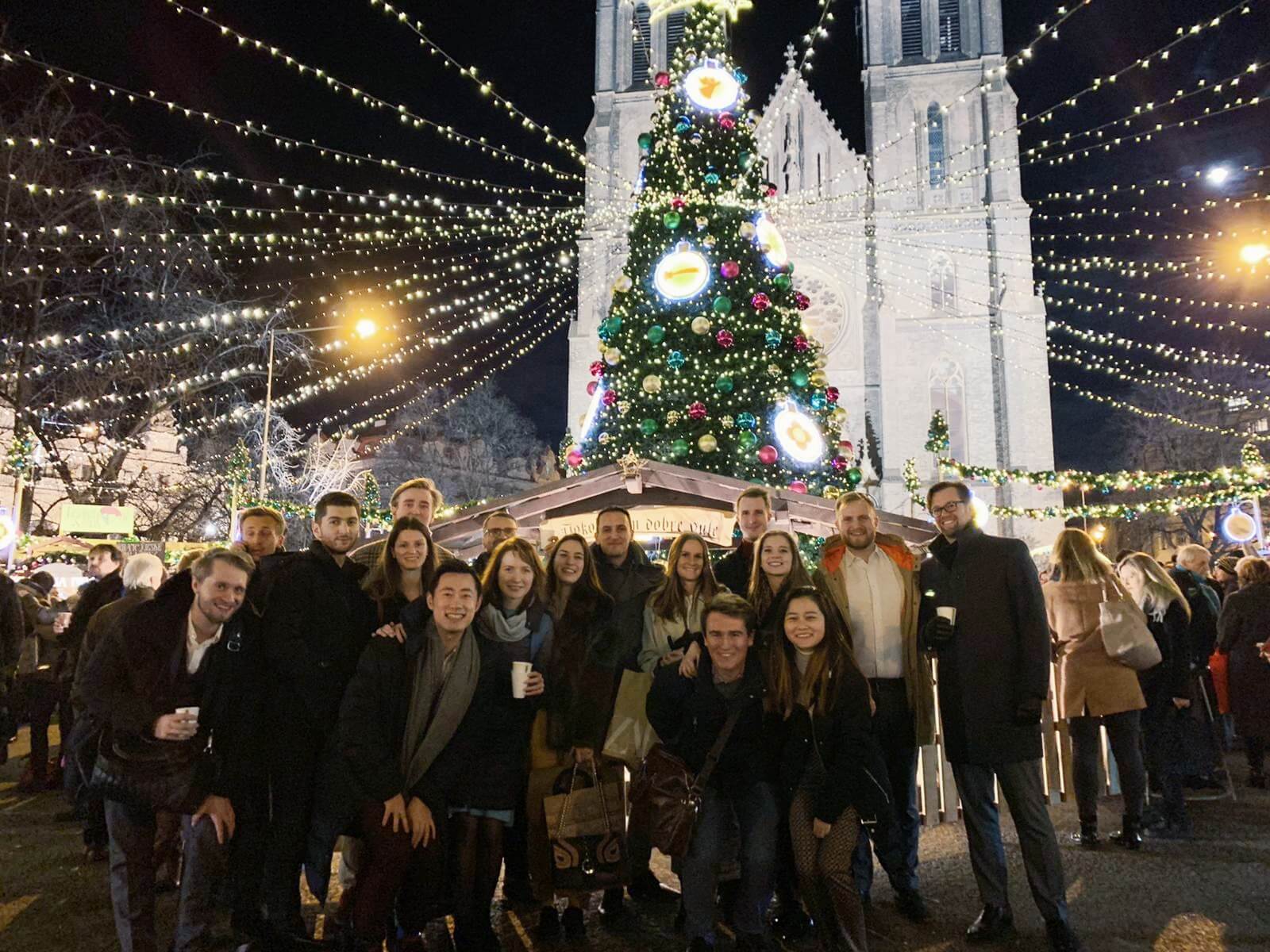
Yoong now works for a global commercial real estate firm. Source: Kimberly Yoong
These courses allowed me to better understand hotels as a real estate asset class and helped smoother my transition from having a more operational perspective of hotels to a real estate perspective.
What do you wish you had learned more during uni?
I wish we had more exposure to handling data. Being data-driven is so important these days. I’m thankful I was able to pick up some skills in analysing and visualising data during my first role at Cushman & Wakefield.
I see how useful these skills have been in my everyday world now. So, I think it would have been helpful to dive deeper into this during uni. The second thing I wish I had learned more about is ESG or sustainability.
It’s a topic that’s all the rage right now. Especially considering how the pandemic unveiled how crucial it is that we take care of our planet. It would have been great to have gotten a headstart in this at school.
What advice do you have for international students who are planning to enrol in the same course as you?
Maybe a little bit of a cliché, but stay open-minded and explore as many opportunities as you can. I started my EHL experience expecting to enter hotel operations upon graduating but ended up in what seemed like an entirely new field when I first joined hotel real estate.
Even up until I got my internship, working in hotel brand management was on my mind. But then I decided to give this new role in a new city a go and I haven’t looked back since.

“Over the last five years, I’ve had the privilege of living and working in five countries across three continents,” says Yoong. Source: Kimberly Yoong
Where do you see yourself in 10 years?
I don’t have a specific place in mind. Over the last five years, I’ve had the privilege of living and working in five countries across three continents. Hopping to wherever my next opportunity takes me is a mindset that I intend to keep. I would still like to be in hotel real estate, but perhaps focusing more on the investment and asset management side.
What’s one thing you missed from home and how did you substitute it?
I’m guessing every international student can relate to this. The one thing I miss from home is the food. Everytime I leave home, I’m essentially packing a suitcase filled with food items to get me through the next trip home — because, well, priorities!








